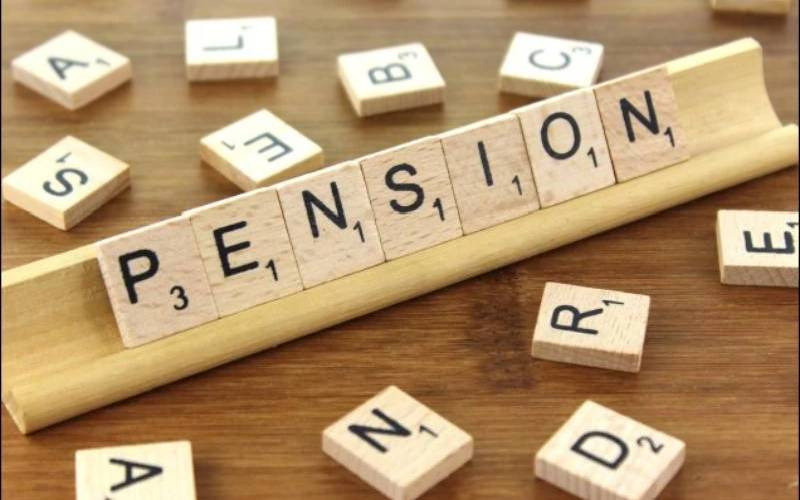×
The Standard e-Paper
Kenya’s Boldest Voice

Hundreds of thousands of government workers got a salary shock on Wednesday after new pension deductions were effected on their July pay, including the over 350,000 teachers.